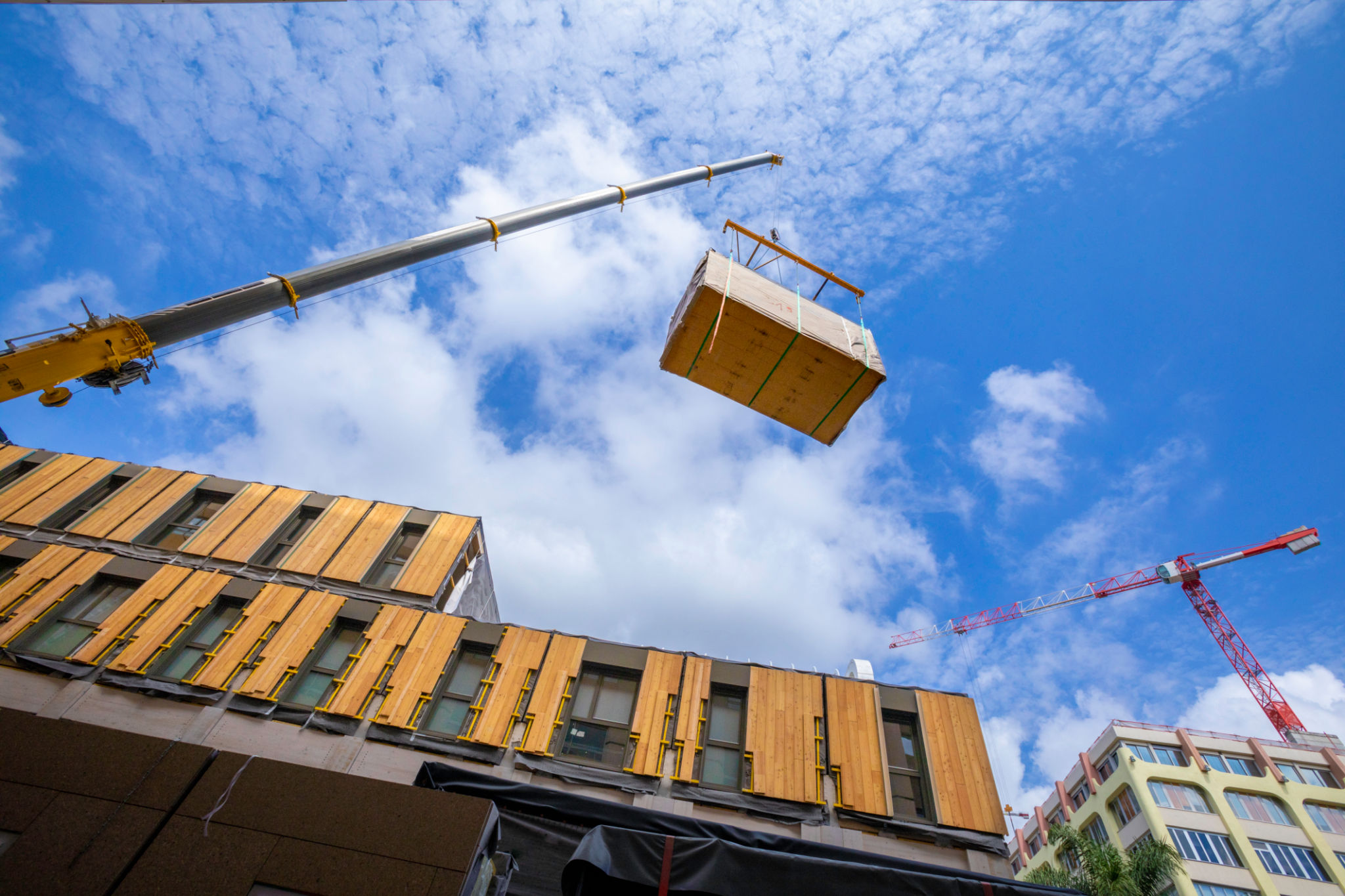Eco-Friendly Schooling in Turin: How Canavese Woodland School Leads the Way
Introduction to Eco-Friendly Schooling
In recent years, the concept of eco-friendly schooling has gained significant momentum, particularly in regions that are rich in natural resources and biodiversity. One such region is Turin, Italy, where the Canavese Woodland School is setting a benchmark in sustainable education. This institution is not just a school but a movement towards nurturing environmentally conscious citizens of tomorrow.
Eco-friendly schooling focuses on integrating environmental education into the core curriculum, promoting sustainability through daily practices, and using the natural surroundings as an expansive classroom. Schools like Canavese Woodland School are pioneering this movement, proving that education can be harmonious with nature.

Canavese Woodland School: A Model of Sustainability
The Canavese Woodland School takes eco-friendly schooling to new heights by embedding sustainability into every aspect of its operations. Situated amidst lush woodlands, the school utilizes its natural setting as an educational asset, bringing lessons to life through direct interaction with the environment. This approach not only enhances learning but also instills a deep respect for nature in students.
One of the standout features of Canavese Woodland School is its commitment to using sustainable building materials and energy sources. The school buildings are constructed from locally sourced timber and are powered by renewable energy. This commitment to sustainability is evident in every corner of the campus, showcasing how modern educational facilities can operate with minimal ecological impact.

Curriculum Tailored for the Environment
The curriculum at Canavese Woodland School is designed with an emphasis on environmental science and sustainable practices. Students engage in hands-on projects that explore topics such as biodiversity, conservation, and renewable energy. This experiential learning model encourages students to apply theoretical knowledge in real-world scenarios, fostering critical thinking and problem-solving skills.
Moreover, the school offers a variety of extracurricular activities that promote environmental stewardship. From tree planting initiatives to wildlife monitoring programs, students have numerous opportunities to contribute positively to their surroundings while gaining valuable insights into ecological dynamics.

Community Involvement and Outreach
Canavese Woodland School believes that eco-friendly schooling extends beyond the classroom walls. The institution actively involves the local community in its sustainability efforts, organizing workshops and seminars on topics such as waste reduction and sustainable agriculture. These events not only educate but also unite the community in a shared commitment to environmental preservation.
The school also collaborates with local businesses and environmental organizations, creating a network of support that amplifies its impact. These partnerships enable students to participate in internships and mentorship programs, providing them with practical experience and insights into green careers.
Benefits of Eco-Friendly Education
The benefits of an eco-friendly education system are manifold. Students who learn in such environments are more likely to develop a lifelong appreciation for nature and an understanding of the importance of conservation. They also acquire skills that are increasingly valuable in a world that is shifting towards sustainable living and green technologies.
Beyond individual growth, schools like Canavese Woodland School contribute to broader societal change. By producing environmentally conscious graduates, they help cultivate a generation that is equipped to tackle pressing global challenges such as climate change and resource depletion.

Conclusion: Leading by Example
Canavese Woodland School exemplifies how education can be both innovative and sustainable. By prioritizing eco-friendly practices and curricula, it not only provides a well-rounded education but also prepares students to be responsible global citizens. As more educational institutions look towards sustainable models, the Canavese Woodland School stands as an inspiring example of what is possible when education and environmental stewardship go hand in hand.
As Turin continues to embrace eco-friendly schooling, it's clear that the future of education lies in creating harmony between learning and the natural world. Schools like Canavese Woodland are leading the way, demonstrating that when we respect and learn from our environment, we all benefit.
